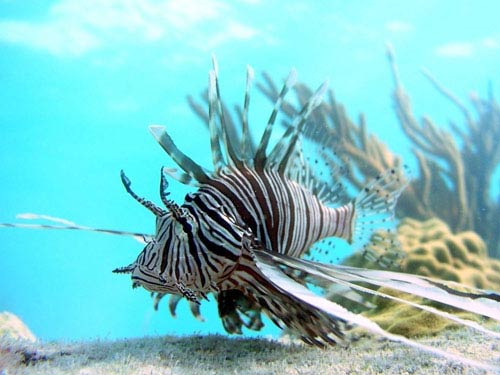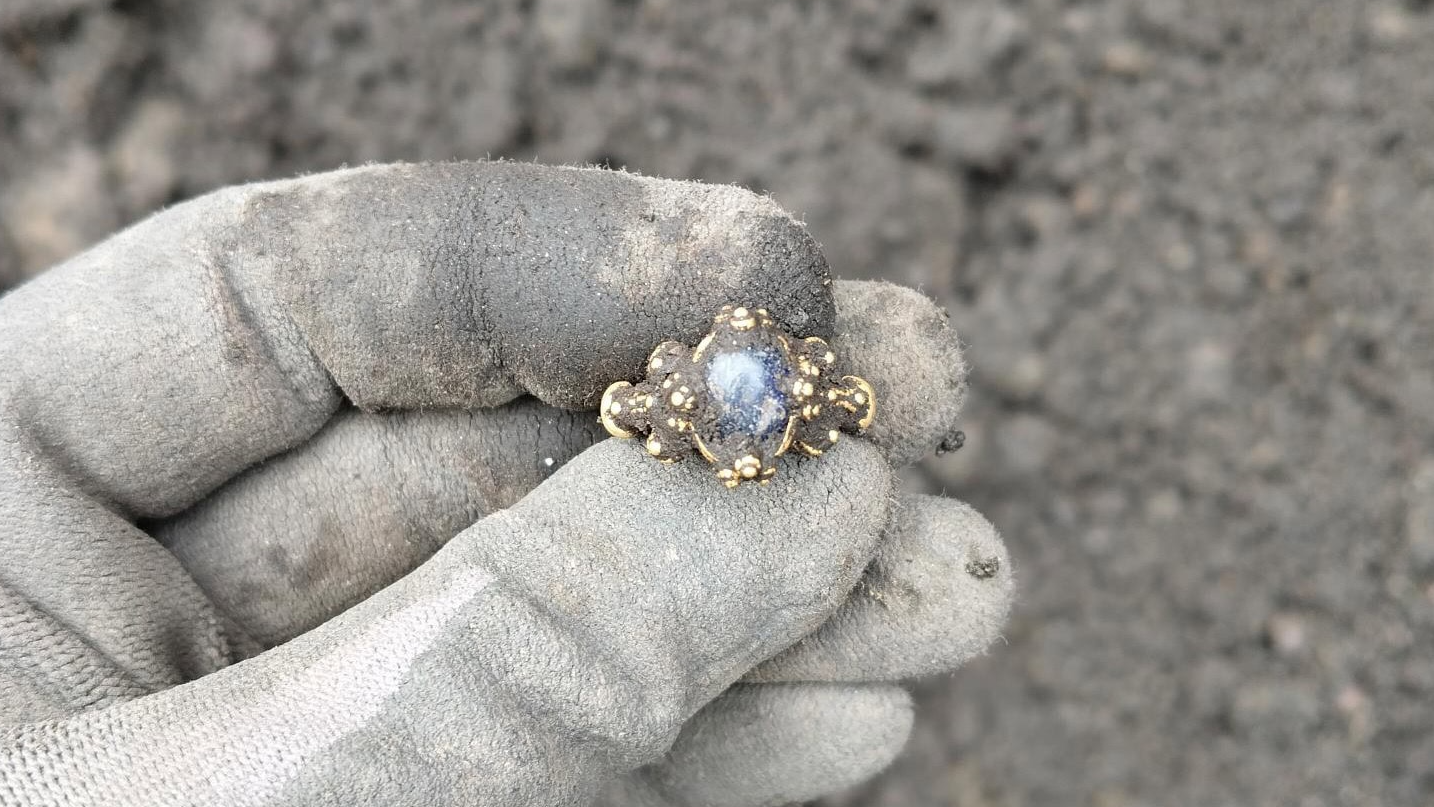
Invasive Lionfish Captured in Virgin Islands National Park

Get the world’s most fascinating discoveries delivered straight to your inbox.
You are now subscribed
Your newsletter sign-up was successful
Want to add more newsletters?

Delivered Daily
Daily Newsletter
Sign up for the latest discoveries, groundbreaking research and fascinating breakthroughs that impact you and the wider world direct to your inbox.

Once a week
Life's Little Mysteries
Feed your curiosity with an exclusive mystery every week, solved with science and delivered direct to your inbox before it's seen anywhere else.

Once a week
How It Works
Sign up to our free science & technology newsletter for your weekly fix of fascinating articles, quick quizzes, amazing images, and more

Delivered daily
Space.com Newsletter
Breaking space news, the latest updates on rocket launches, skywatching events and more!

Once a month
Watch This Space
Sign up to our monthly entertainment newsletter to keep up with all our coverage of the latest sci-fi and space movies, tv shows, games and books.

Once a week
Night Sky This Week
Discover this week's must-see night sky events, moon phases, and stunning astrophotos. Sign up for our skywatching newsletter and explore the universe with us!
Join the club
Get full access to premium articles, exclusive features and a growing list of member rewards.
The lionfish, a striped fish with venomous spines, has invaded the waters of Virgin Islands National Park, NOAA divers announced Friday.
The divers identified and killed a 6-inch (15-centimeter)- long lionfish in Fish Bay along the southern coast of St. John on July 16, marking the fourth lionfish capture and kill in the park's waters.
The lionfish is native to the Indo-Pacific, but has proved adept at surviving in oceans across the globe. The fish first appeared in Caribbean waters in the 1990s, likely released by aquarium hobbyists. The released fish multiplied quickly, consuming native fish and competing with them for food. Now, many marine biologists fear that lionfish will disrupt the Caribbean ecosystem permanently.
"Lionfish pose a huge threat to the coral reef ecosystems of the U.S. Virgin Islands," Rafe Boulon, Chief of Resource Management for the Virgin Islands National Park and the Virgin Islands Coral Reef National Monument, said in a statement. "The native fish populations are essentially defenseless in the face of this threat. And once established, lionfish are very difficult to control."
Lionfish were first spotted in the U.S. Virgin Islands off the coast of St. Croix in 2008. Divers with the National Oceanic and Atmospheric Administration (NOAA) noticed the most recent individual on July 15, and were able to capture and kill it in the same area the next day.
In an attempt to control the lionfish invasion, NOAA has launched an "Eat Lionfish" campaign, which works with chefs, fishermen and wholesalers to promote the development of a market for these fish. NOAA scientists have determined that a major fishing effort is required to reduce lionfish numbers and mitigate their impact on reef ecosystems.
- Image Gallery: Venomous Fish
- Dangers in the Deep: 10 Scariest Sea Creatures
- Venomous Fish Outnumber Snakes
Get the world’s most fascinating discoveries delivered straight to your inbox.
 Live Science Plus
Live Science Plus











